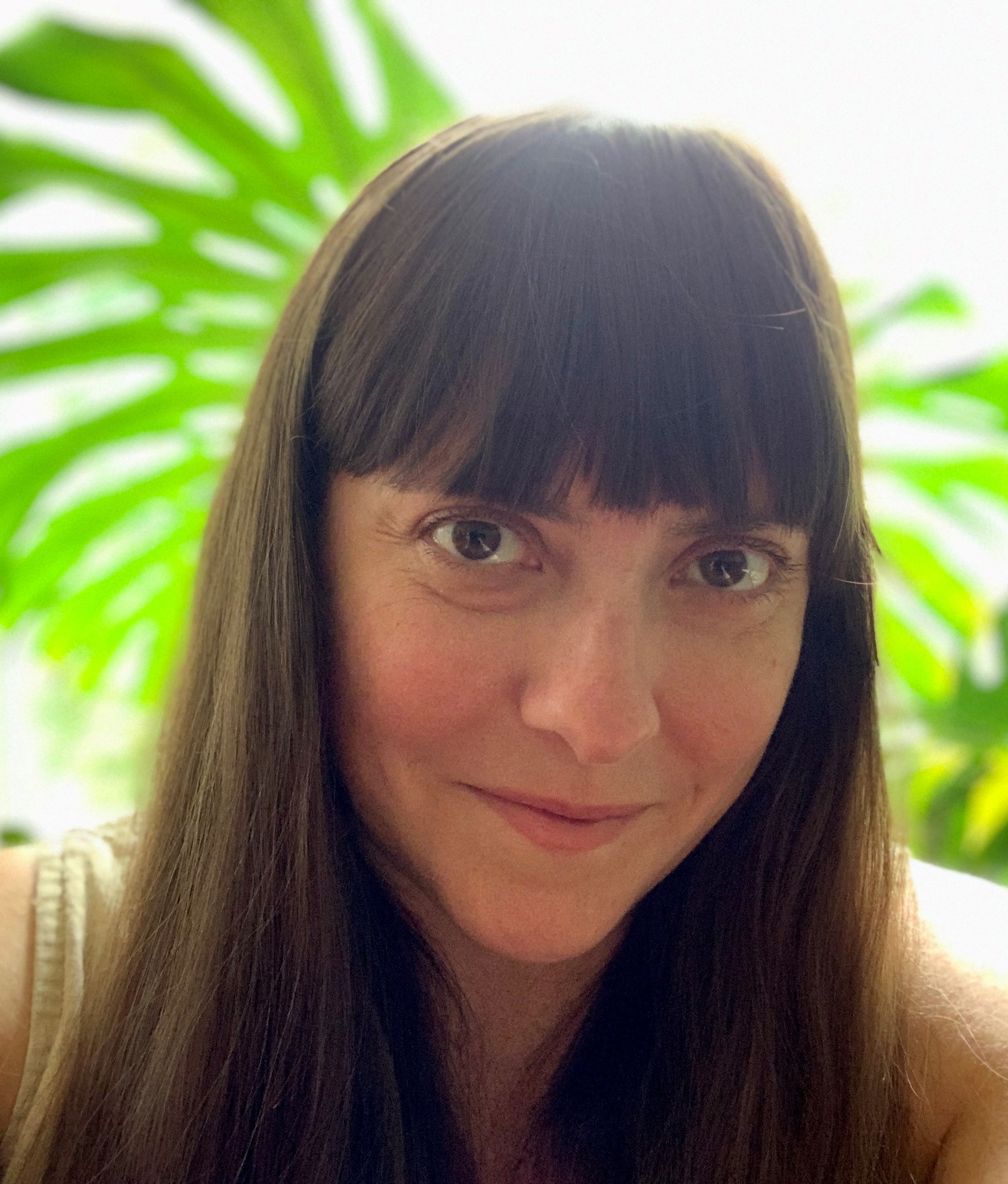Biology

Assistant Professor
Biology
Abbotsford campus, T106
Phone: 604-504-7441 ext. 4850
email MarinaDNA is the universal language and my research involves understanding how this language is translated into function by the ribosome, and particularly how this translation goes awry in genetic disorders, especially the ribosomopathy Shwachman-Diamond syndrome (SDS), a pediatric disorder with multiple organ involvement and an elevated risk of cancer.
Part of this exploration includes investigating newly identified genes associated with this disease. Students interested in molecular cloning, protein interaction studies, bioinformatics and computer modelling, should get in touch! Additional lines of inquiry that could be the basis of projects include investigating the involvement of rRNA in mediating interactions of SDS-associated proteins, ribosomal profiling studies of the SDS-ribosome, and investigations of a curious Zinc-finger extension in SDS-associated proteins in plants. These projects contribute to open questions in the field about disease mechanisms in SDS and, more broadly, ribosome quality control pathways.
In addition, I am very interesting in developing inclusive teaching and mentoring practices. This has manifested in several ways and the most joyful has involved collaborating with students to co-develop lab activities and assignments. Most recently, I collaborated with a former student to develop and evaluate a bioinformatics lab for investigating the structural implications of disease causing variants using UCSF Chimera. I am looking for a student to support data analysis and finalize manuscript preparation… and to discuss possible extensions of this project to the UFV classroom.
Another project for which I am seeking student support centres on developing new educational materials to support an antiracist genetics education framework. These include using drawing-to-learn pedagogies, case-based learning, and rhetorical analysis to develop population thinking and equip learners to identify and refute racist arguments posing as science. I am seeking students with an interest in science education to support this initiative and build a uniquely student-centred resource.